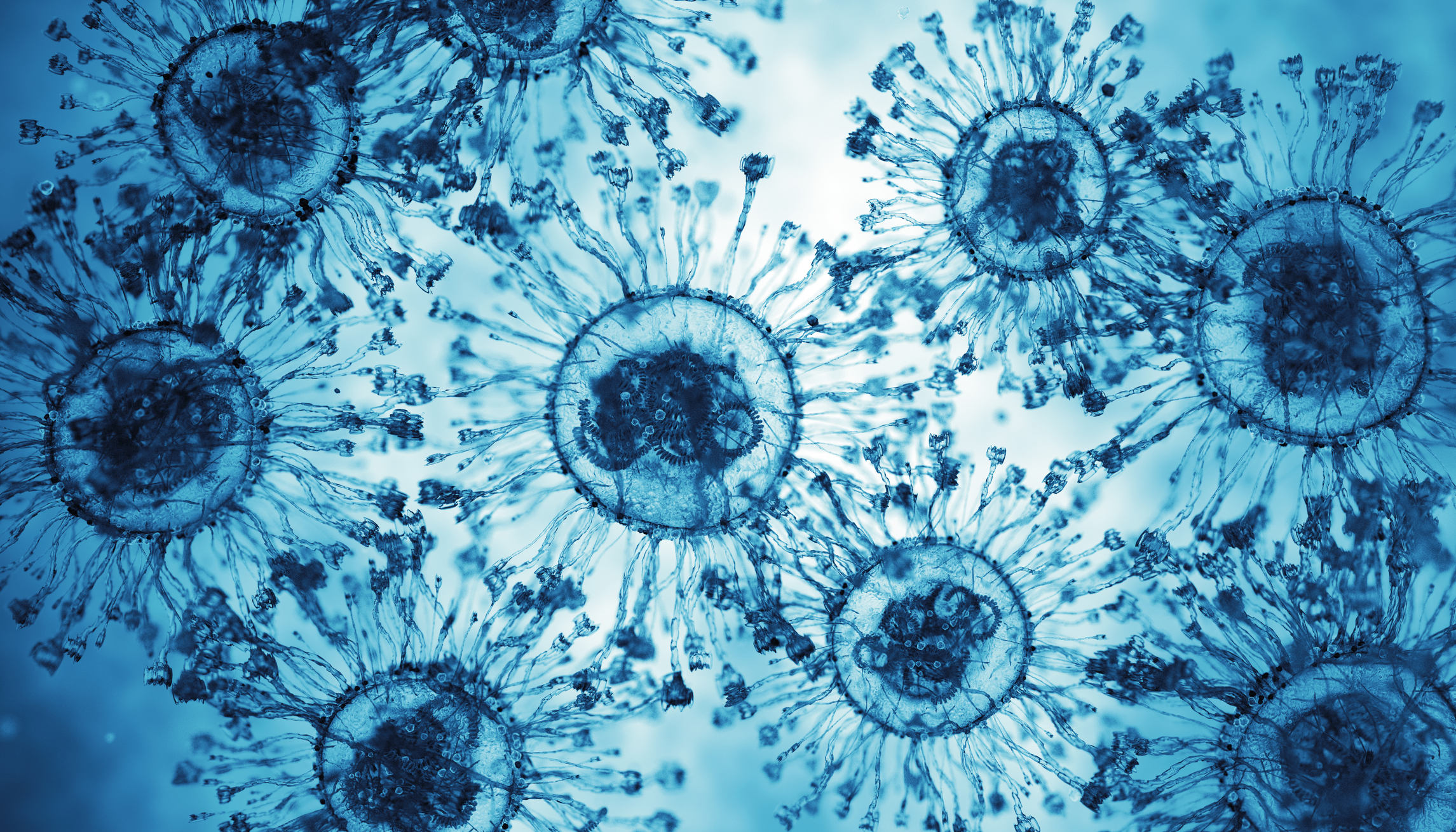Pathogen Program

Dr Emma Stanton
“We have an extraordinary opportunity at EIT to deploy new technologies and new scientific breakthroughs at an accelerated pace to transform healthcare globally."
Delivering high-confidence insights from pathogen sequencing


We need to fundamentally reimagine infectious disease management
Pathogens are constantly shifting, developing new resistance patterns and spreading in unpredictable ways. Accelerating factors such as antibiotic overuse and misuse, and poor infection control are increasing the prevalence of AMR.
The current infrastructure to monitor pathogens is fragmented and doesn’t cover more than a few types of pathogens.
Public health decision making is often based on outdated data, and diagnosing infectious diseases largely remains a matter of interpretation for clinicians.
Complex problems demand the combined expertise of scientists, clinicians, engineers, and data specialists working together. Only through collective innovation can we translate discovery into real-world impact.

7mCOVID-19 global deaths
COVID-19 has claimed the lives of seven million people worldwide.

27.5%chance of another pandemic
There’s a 27.5% probability of another pandemic as deadly as COVID-19 within the next ten years.
.png)
39mpotential deaths
Antimicrobial resistance could cause an additional 39 million deaths between 2025 and 2050.
Create deep understanding of pathogen behaviour
The Pathogen Program is pioneering next generation digital pathology labs that deliver high-confidence insights: identifying pathogens, detecting resistance and tracking outbreaks with precision and speed.
We need a global system of connected point-of-care, pathogen-agnostic diagnostic devices able to identifying pathogens, detecting resistance and tracking outbreaks with precision and speed.
We need to move from a focus on phenotype-based testing to genotype-based diagnostics, which can identify disease-causing pathogens with greater speed and accuracy.
We need to shift attitudes towards an ‘Always On’ mindset that is supported by a monitoring system that dramatically increases our ability to detect epidemics and pandemics early, globally.
We need the combined expertise of microbiologists, clinicians, data scientists, engineers and robotics specialists, working together to transform complex scientific discovery into real-world solutions that strengthen our ability to prevent and respond to infectious threats.
To learn more about the Pathogen Program's mission and products, visit their website .


We’re gathering the greatest minds
EIT is growing rapidly and we are recruiting at pace. Thrive in a dynamic and fast-paced work environment, learning and growing every day alongside experts in science and technology.

